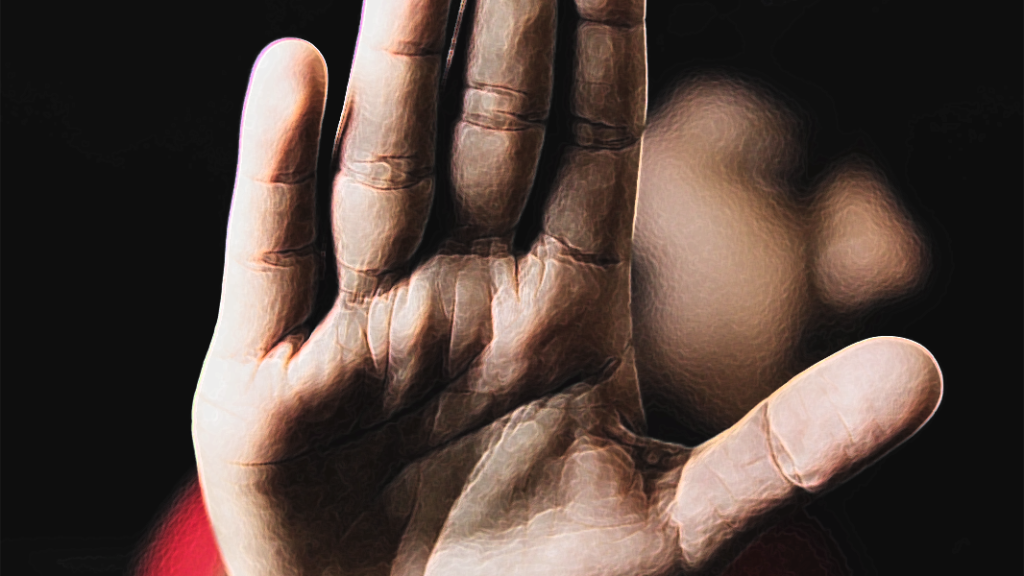
Some Punjabi and Sikh parents drink too much… You are not alone
1 in 5 children in the UK live with a mother or father who drinks alcohol hazardously or is alcohol-dependent (often also labelled alcoholism or alcohol use disorder). Millions of adults in the UK are affected by their parents’ drinking or the effects of having grown up in a home where alcohol was a problem.
There is no lower or upper age limit to be affected by your parent, step-parent or carer’s drinking and sometimes the problems only become apparent in adulthood. You can be affected whether or not you still live with them, or whether they are still drinking or still alive.
Nacoa is here for everyone affected by a parent’s alcohol problems. Our helpline is a safe place where you can talk about things that are going on for you and how you are feeling. We are here to listen and will help for as long as you want. We will not judge and what you say will remain confidential.
Punjabi and Sikh communities are affected, too…
The BBC found that 27% of British Sikhs report having someone in their family with an alcohol problem.
The Sikh Recovey Network has found that 55% of people with alcohol problems live with child family members. 67% of those surveyed had never been made aware of available help and services.
Their research shows common impacts on close family members within Punjabi and Sikh communities include:
- worry
- stress and anxiety
- emotional abuse
- depression
- inability to attend social gatherings
- lack of money in the household for basics
- living in fear of what might happen
‘It’s distressing and causes mixed emotions as I feel sorry for him in many ways, and love him…’
Experience volunteer

Alcohol problems and the family
Alcohol problems can be like an illness and can affect people of all ages and from all walks of life. People with addiction have lost control over their drinking and usually need help in order to stop. They continue to drink despite negative effects on their lives, their health, and those around them.
When someone has a drink problem, alcohol often becomes their main focus. As the drinker organises their life around alcohol, other family members can be left feeling unimportant and confused. Children often feel responsible for their parents’ problems, even though they are not.
‘I would question why me, my brother and my mum weren’t enough for him to stay sober for…I would feel especially sorry for my mum.’
Experience volunteer
Families adapt to cope and the drink problem often becomes the family secret. The family rules don’t talk, don’t trust, don’t feel develop to keep the problem hidden from the outside world and protect the illusion of a ‘normal’ family.
You are important
People affected from Punjabi and Sikh backgrounds can face extra challenges finding the help and support they need:
- lack of culturally knowledgable services
- limited opportunity to use conventional helplines, services or groups
- taboos around speaking outside of the family
- stigma around alcohol problems
- assumptions of male and female behaviour
Even if your parent continues to drink, you have a right to find help for yourself. You are not alone.
‘No one talks about it, it is a norm, communities gossip about it, no solutions to help one another, there’s shame/stigma associated, alcohol is shrouded in secrecy, gossip, cultural contradictions and family conflicts.’
Experience volunteer

You can find help
Culturally sensitive support is available for people who need help to stop drinking. However, they have to accept they have a problem and want to stop. You can feel better whether your parent continues to drink or not.
Find out more about alcohol and the family
This can help you to understand what’s going on and most importantly to look after yourself. See Nacoa’s website for information. You can also contact specialist Punjabi and Sikh support services.
Remember you are not responsible for other people’s drinking
Pouring away, watering down, or hiding alcohol may make things worse, and the person drinking may become angry, aggressive or secretive. Remember your parent’s drinking is not, and never was, your fault.
Remember alcohol affects the brain
People who drink often experience memory blackouts where they have no recollection of what they did, sometimes over significant periods of time. Try not to argue with someone when they are drinking; it may make things worse. They may say things that they normally wouldn’t.
Be ready with information
Although you can’t make someone stop drinking, you can have information to hand if and when they ask for it. Nacoa will happily research local support in your area. Sometimes, it’s comforting to know what help is available.
Be realistic
When someone is dependent on alcohol, the need to drink becomes so important that they may hurt and upset people they love. Promises are often made that are not kept. This can be very difficult for everyone in the family and feelings of being let down are common. It is important to look after yourself.
‘There is a culture of hosting and offering drinks to guests…It’s a part of the culture – if you’re not drinking, family members and friends will encourage you to do so.’
Experience volunteer

You can feel better
Talk to someone you trust
Talking about how you feel is not being disloyal to your family and can help you to feel less alone. This can be especially difficult in Punjabi and Sikh communities, where stigma around addiction can be strong.
At Nacoa we understand family alcohol problems and provide free, confidential support. Organisations listed below are also here to help find support in your local community.
Make time for yourself
You are important. Find time for things that interest you. Sometimes worries take over, and taking even a short break can help.
Understand that your feelings are normal
It’s OK to hate the problems that alcoholism can cause, yet love the person who is drinking. Alcohol problems in the family often result in complicated, confusing and upsetting feelings.
Read people’s experiences on our website
Hearing about other people’s life experiences often helps us to make sense of our own situation and feelings. Although every family is unique, there are many similarities in how alcohol problems affect the family.
Access other sources of support
The Nacoa Helpline is here for you. We can also research services in your area that may be helpful. You may find the following organisations of interest:
- Al-Anon Family Groups – groups for people affected by someone else’s drinking, including Punjabi-focused
- Bac-In – specialist support for people from black, asian and minority ethnic communities
- No More Pretending – a starting point for Punjabi families seeking help for themselves or a loved one
- Sikh Recovery Network – UK network providing alcohol and drug recovery support
‘It is a relief being able to share what is happening without shame. Not having to keep it in four walls.’
Experience volunteer


















